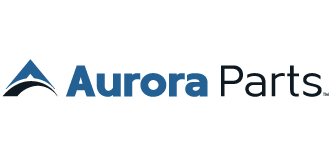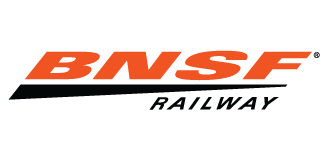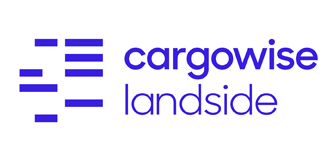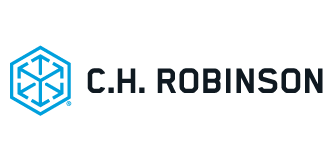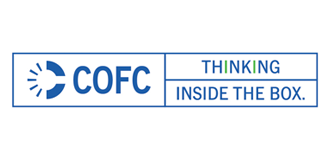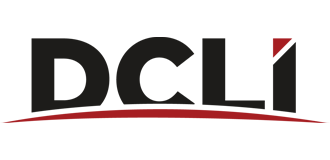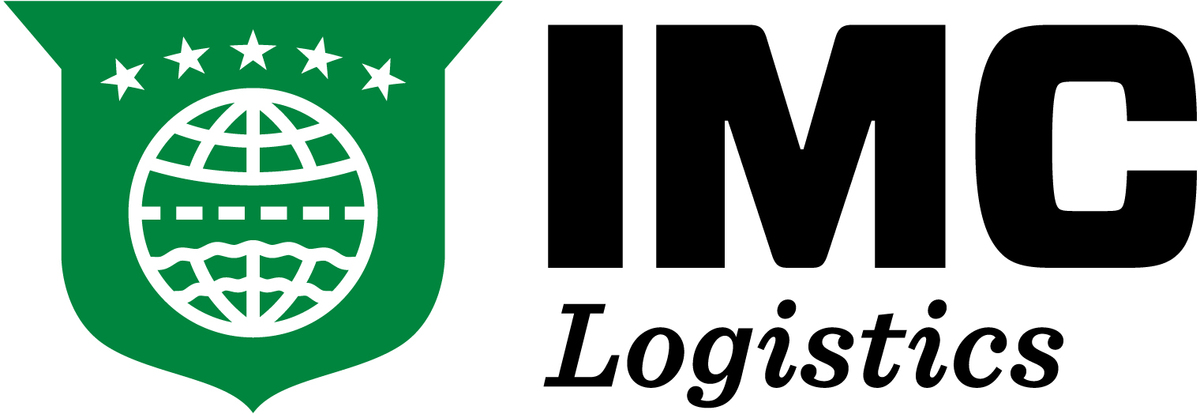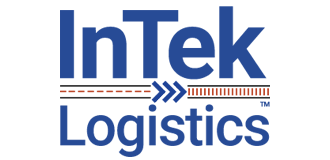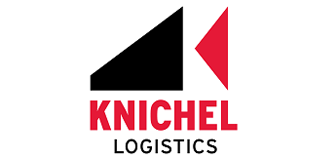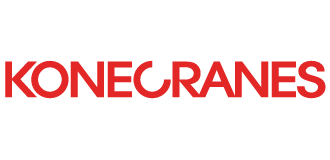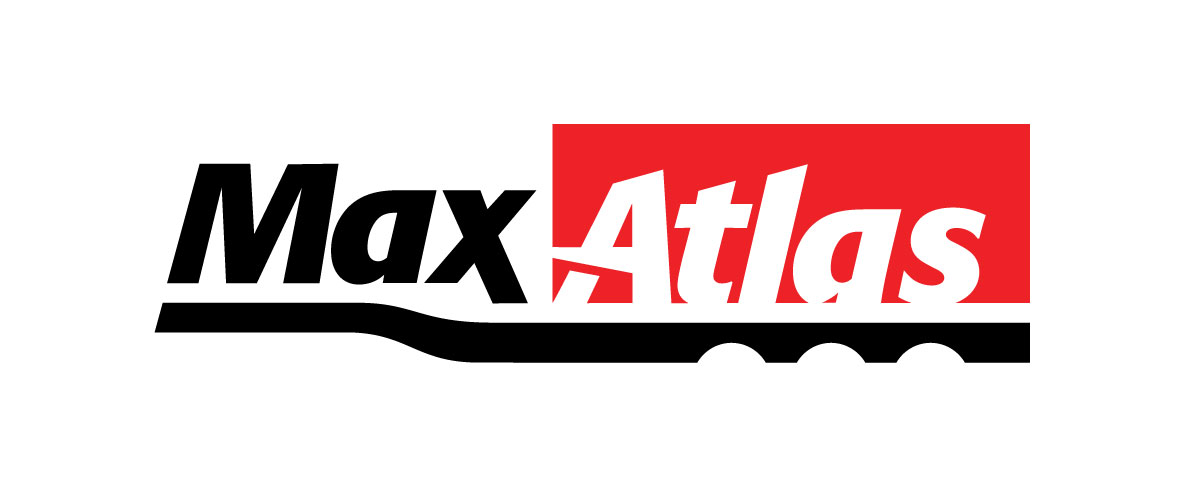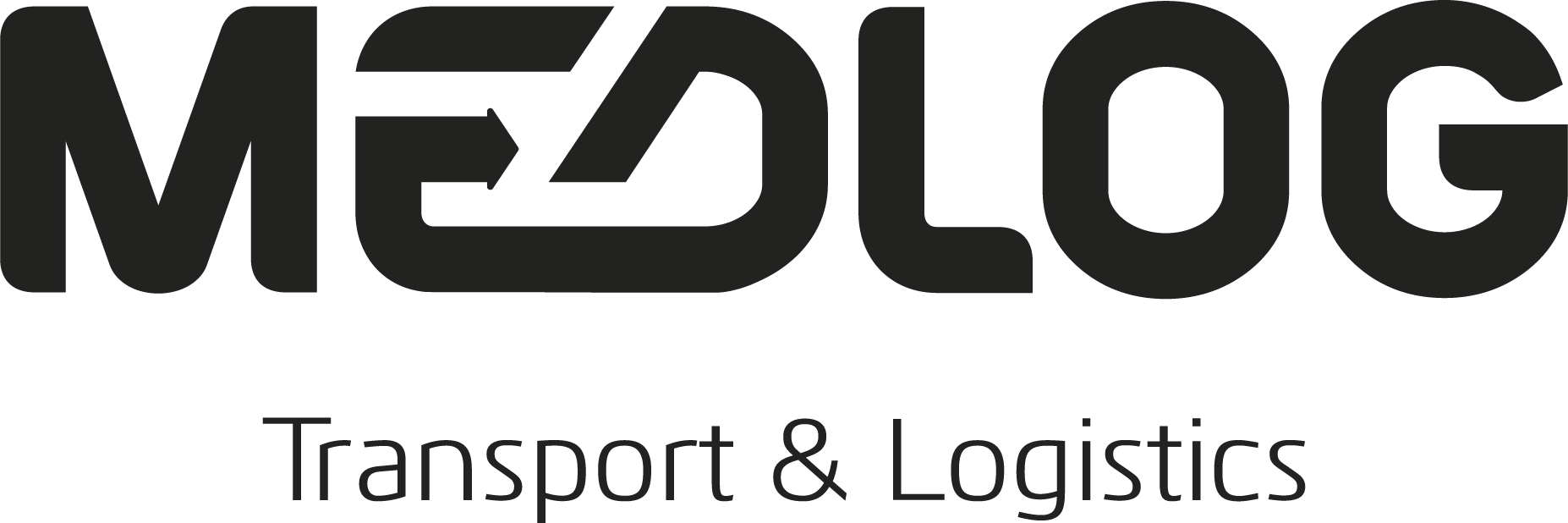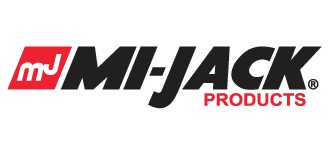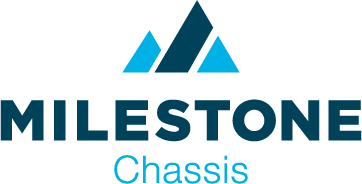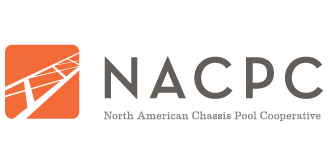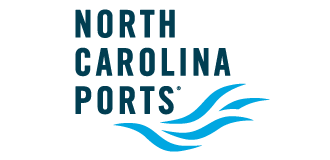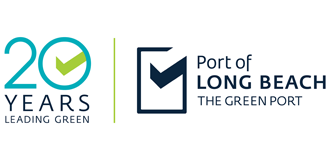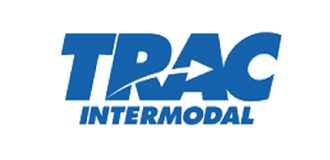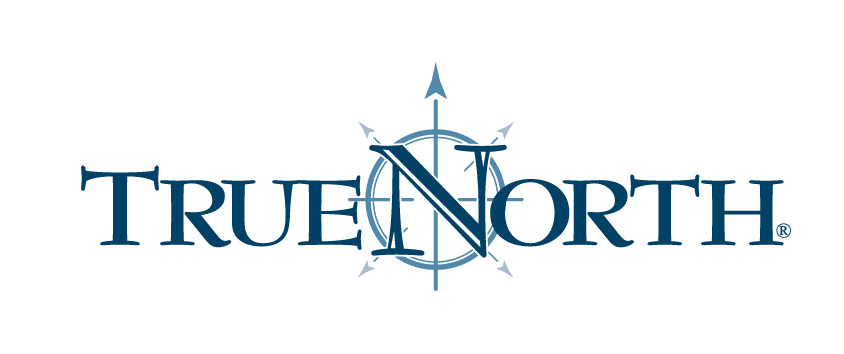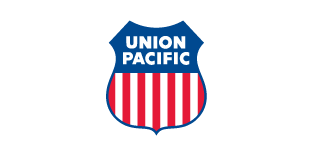Intermodal EXPO brings together the people, companies, and ideas that are shaping the future of freight transportation. The 2026 program will deliver a powerful combination of industry insights, technology-driven solutions, and opportunities to learn from experts across the intermodal supply chain.
Call for Speakers & Presentations – Opening Soon
We’re gearing up for the official Call for Speakers and Presentations, which will open in the coming weeks.
Prospective presenters will have the opportunity to propose sessions that:
- Highlight operational best practices
- Address current challenges and innovations
- Explore policy and regulatory impacts
- Showcase intermodal technology, sustainability, and efficiency
- Deliver case studies or data-driven insights
- Offer forward looking perspectives on the supply chain
If you have expertise to share—or a story that can help move the industry forward—now is the time to start preparing your submission.
More details will be posted soon.
What to Expect at EXPO 2026
Intermodal EXPO delivers a program built for professionals at every level of the intermodal freight sector. The full program will be announced later this year—but here’s a look at what you can expect.
Concurrent Breakouts – NOW on the show floor (New for 2026)
Dive deeper into targeted topics such as:
- Equipment and maintenance
- Terminal operations
- Efficiency and automation
- Sustainability practices
- Risk management and safety
- Data visibility and connectivity
These sessions provide practical, applicable insights from industry operations and technology specialists.
Dialogue Box Sessions
Fast-paced presentations delivered on the Exhibit Hall floor, showcasing:
- Innovations and new products
- Technology demonstrations
- Applied solutions for real-world challenges
These sessions provide practical, applicable insights from industry operations and technology specialists.
Exhibit Hall Demonstrations
Experience hands on demonstrations of equipment, systems, and technologies driving intermodal evolution. From chassis and container solutions to digital platforms and safety applications, you’ll see today’s capabilities—and what’s next.
Networking & Community Events
The EXPO program is designed to make meaningful connections easy. Throughout the event, you’ll enjoy:
- 4 networking receptions
- Meet ups with peers, partners, and suppliers
- Scheduled exhibit hall activities
- Special events
Every aspect of the program is shaped to help you build relationships and gain insights you can put to use immediately.
Plan for EXPO 2026
Whether you're an operator, BCO, technology provider, policymaker, or service partner, the EXPO program offers relevant, actionable content you won’t find anywhere else in the industry.
Check back soon for:
- The full agenda
- Featured speakers
- Dialogue Box schedules
- Presentation submission guidelines
- Special events and exhibit hall highlights
EXPO 2026 will deliver the most comprehensive intermodal-focused education program of the year—make plans now to be part of it.
- 8:00 a.m. - 5:00 p.m.
Registration and Exhibitor Move-in
- 11:00 a.m. - 5:00 p.m.
Academic Challenge
- 12:00 p.m. - 6:00 p.m.
Task Force & Working Group Mtgs
- 7:00 p.m. - 9:00 p.m.
Champagne and Cargo Reception (VIP Invite only)
- 7:15 a.m. - 12:00 p.m.
Academic Challenge
- 8:00 a.m. - 6:00 p.m.
Registration & Exhibitor Move-in
- 8:00 a.m. - 12:00 p.m.
Committee Meetings - open to all members
- 1:00 p.m. - 4:00 p.m.
Board of Directors Meeting (Closed)
- 2:00 p.m. - 4:00 p.m.
Student / FLIP / BCO Tour(s)
- 2:00 p.m. - 5:00 p.m.
Logistics Volleyball League - Beach Party Event
- 4:15 p.m. - 5:30 p.m.
FLIP Reception
- 4:30 p.m. - 5:30 p.m.
New Member/ First-Time Attendee / Committee Leadership Reception / VIPs - (Invitation Only)
- 5:30 p.m. - 6:30 p.m.
Welcome Reception
- 7:00 p.m. - 9:00 p.m.
Board of Directors Dinner (Invite Only)
- 7:00 a.m. - 5:00 p.m.
Registration
- 7:30 a.m. - 8:00 a.m.
Networking Breakfast
- 8:00 a.m. - 9:00 a.m.
General Session: Welcome and Awards Inside Intermodal Panel
- 8:00 a.m. - 5:00 p.m.
Podcasts
- 9:00 a.m. - 9:15 a.m.
Networking Break
- 9:15 a.m. - 10:00 a.m.
General Session: Featured Speaker - Union Pacific CEO Jim Vena
- 10:00 a.m. - 6:00 p.m.
Exhibit Hall Open:
Enjoy on-floor education, rail updates, live demos, and networking lounges.
- 11:00 a.m. - 11:45 a.m.
Exhibit Hall Concurrent Sessions
- 12:00 p.m. - 1:00 p.m.
BCO Luncheon (Invitation Only)
- 2:00 p.m. - 2:45 p.m.
Exhibit Hall Concurrent Sessions
- 4:30 p.m. - 6:00 p.m.
Exhibit Hall Happy Hour
- 6:00 p.m. - 8:00 p.m.
VIP / BCO Reception (Invitation Only)
- 8:00 p.m. - 10:00 p.m.
IANA After Dark - Join us for an evening party to remember
- 8:00 a.m. - 3:00 p.m.
Registration
- 8:00 a.m. - 8:30 a.m.
Networking Breakfast
- 9:45 a.m. - 10:00 a.m.
Networking Break
- 8:00 a.m. - 2:00 p.m.
Podcasts
- 8:30 a.m. - 9:30 a.m.
General Session: FLIP Completion Ceremony & Shipper Panel
- 9:30 a.m. - 9:45 a.m.
Networking Break
- 9:45 a.m. - 10:45 a.m.
General Session: Closing Keynote Speaker - Announcement coming soon
- 11:15 a.m. - 12:00 p.m.
Exhibit Hall Concurrent Sessions
- 12:00 p.m. - 4:30 p.m.
Exhibit Hall Open:
Enjoy on-floor education, rail updates, live demos, and networking lounges.
- 2:00 p.m. - 2:45 p.m.
Exhibit Hall Concurrent Sessions
- 3:30 p.m. - 4:30 p.m.
Farewell Reception
- 4:30 p.m. - 8:00 p.m.
Exhibitor Move-out
- 6:00 p.m. - 8:00 p.m.
HTA Meeting & Reception (invite only)
- 6:00 p.m. - 8:00 p.m.
Connie Awards (invite only)
- 8:00 a.m. – 12:00 p.m.
Exhibitor Move-out



